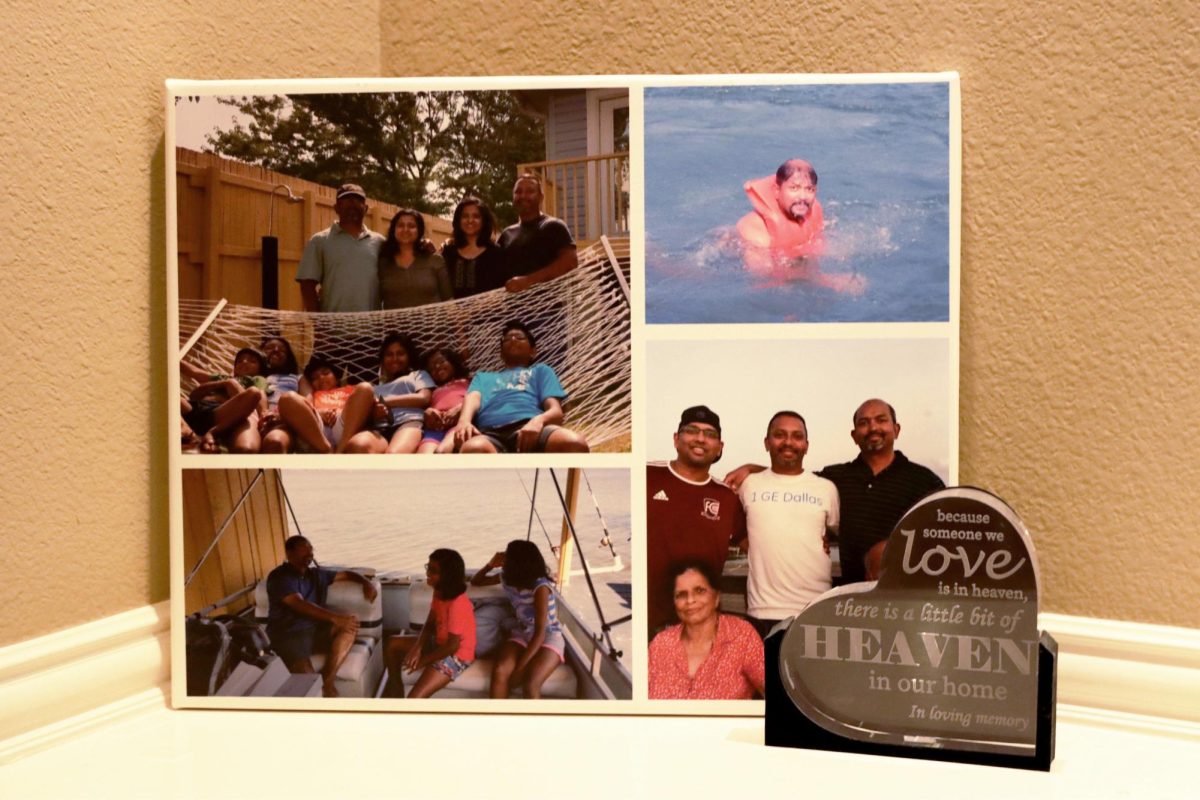I’ve always dreamed of being a doctor.
Ever since my uncle got into a golf-carting accident the summer going into my sophomore year, my desire to give families hope in a time of uncertainty has only grown. I aspire to be like the medical professionals who saved my uncle, coming to his rescue, despite him coding several times.
When applying to colleges, I looked for Research One (R1) universities. Schools that are considered R1 have distinct technology and research opportunities for science majors. If I wanted to become the best doctor I can be, I knew I needed to start on the right foot and apply for academically rigorous schools.
Now, with acceptances rolling in, I’ve faced a dilemma: going to a more prestigious school or a cheaper alternative.
In the long run, a cheaper university can set me up for financial success in the future. The less pricey undergraduate school I attend, the less student debt I can accumulate. On the other hand, a more prestigious school will have a name that carries past graduation — a name everyone knows. I can receive unique offers for graduate school simply because of a college’s name and reputation.
I want to be like my peers and commit to the more glorious, brag-worthy schools, but these schools often have higher tuition rates with a lot of them being out of state. I’ve worked my entire life toward my goal of attending a “good” college, and it’s being overshadowed simply because of tuition cost.
However, higher acceptance rates carry a stigma. They are seen as easy to get into, not academically challenging and “bad” schools. A college’s acceptance rate dictates the worth of every individual who decides to attend the school; it doesn’t matter if they’re smart or genuinely enjoy the campus. It only seems that they’re going to an “easy” school.
I can’t lie and say I’ve never succumbed to these allegations. Being in Advanced Placement classes, I feel pressured to prove my academic ability. My classmates are racking in Ivy League acceptance, one after another. I feel confident I could get into these harder schools, but not that I could afford the high tuition rates.
However, after visiting several college campuses, I’ve realized how despite the percentage on a screen, the more prestigious school isn’t always the best option.
Whether or not I go to an “easy” school, I have the ability to set myself up for financial success in the long run. Because of my goal to attend medical school, the cheaper my tuition is at an undergraduate university, the more money I can save toward a new car or my first house.
A school’s acceptance rate, scores or requirements don’t define a person’s worth. While it’s fun to brag about your school, academic ability isn’t defined by where a student goes to college. Yes, a college can shape my thinking or make getting connections easier, but, at the end of the day only I have the ability to dictate my success; not a percentage on the screen.









